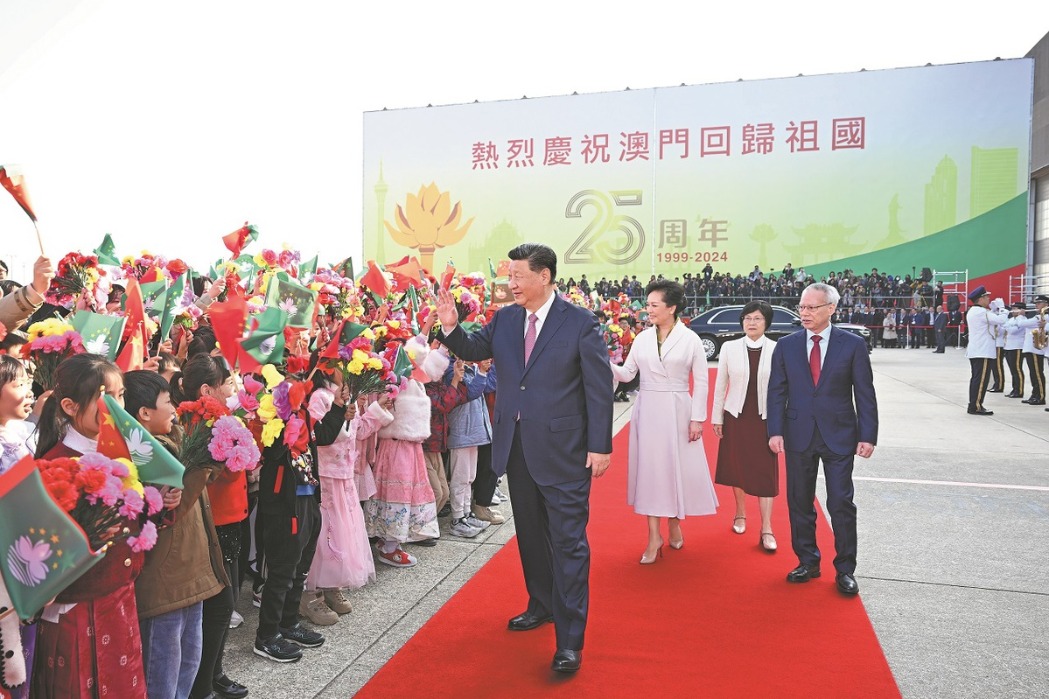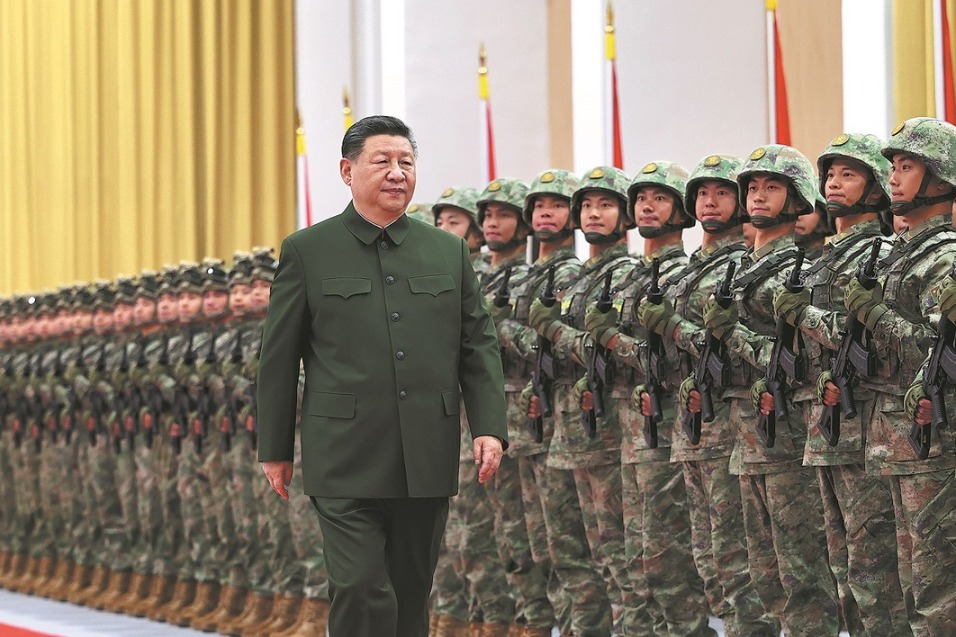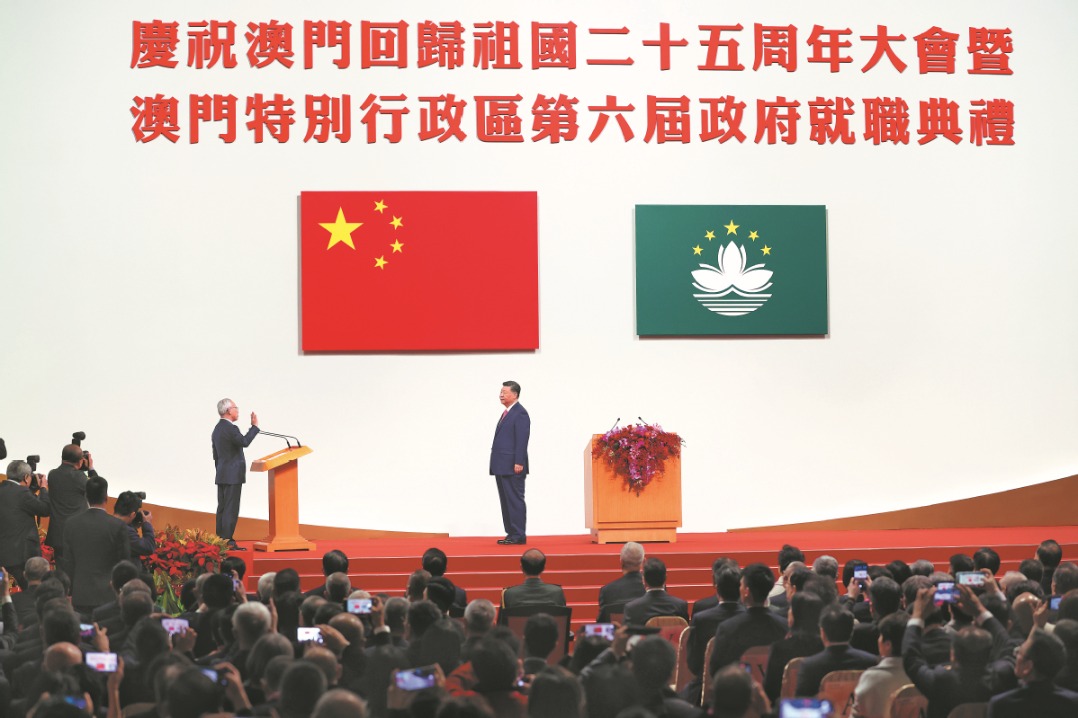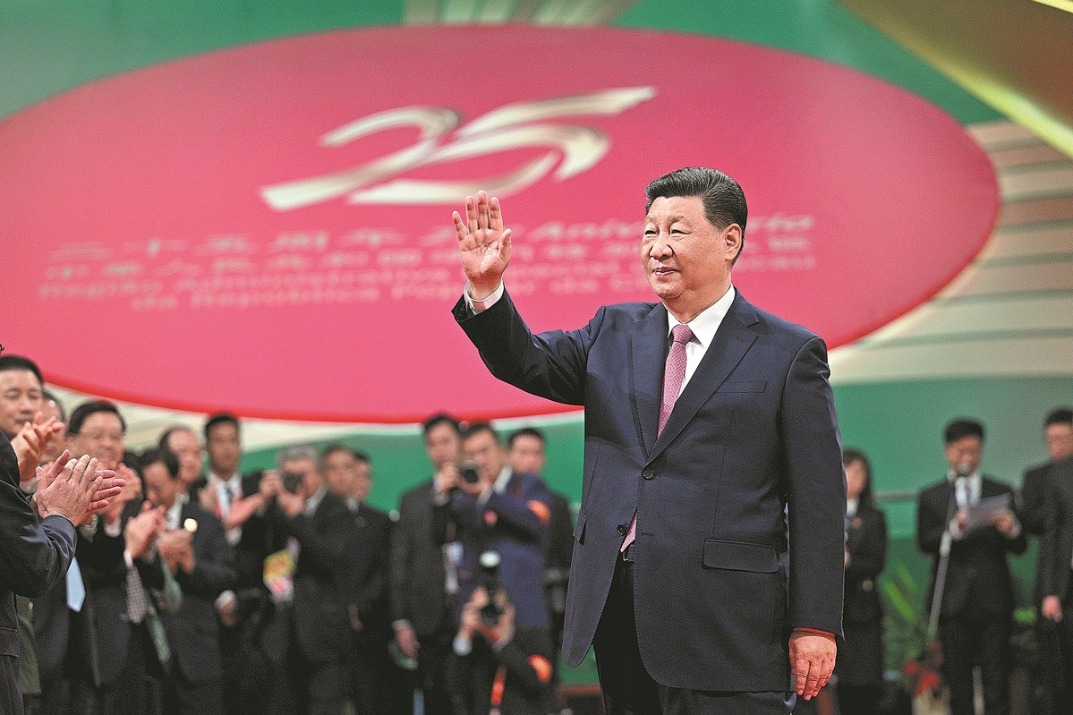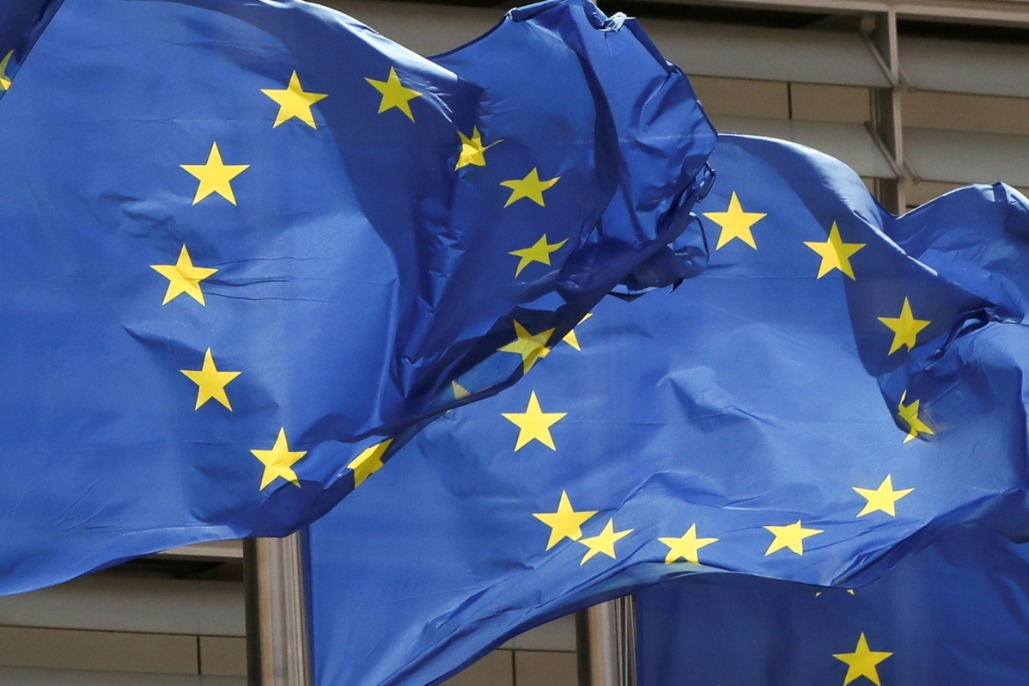US hypocrisy on Taiwan hurts world order


Lai Ching-te's recent comments on "the motherland" can be seen as a veiled form of "Taiwan independence" theory, which will no doubt escalate cross-Strait tensions.
Taiwan has been an integral part of China's territory since ancient times. Separated from the Chinese mainland by the Taiwan Strait, Taiwan's status as part of China has not changed despite the sordid efforts of the "Taiwan independence" forces on the island and some Western powers' attempts to sow discord across the Strait.
This position is backed by international law, including United Nations General Assembly Resolution 2758 which was adopted by an overwhelming majority on Oct 25, 1971. The resolution recognizes the People's Republic of China as the only legitimate government of China and affirms that Taiwan is an integral part of China. Consequently, the government of the People's Republic of China is the sole representative of China in the UN, and the Taiwan island has no status as a separate entity.
The UN and its affiliated bodies have consistently upheld this resolution, rejecting any claims of Taiwan's international representation.
Key historical documents such as the 1943 Cairo Declaration and the 1945 Potsdam Proclamation also confirm Taiwan's status as part of China's territory. These declarations, which are legally binding and integral to the post-World War II international order, mandated that the Taiwan island, seized by Japan during its imperialist expansion, should be returned to China.
Given these historical and legal precedents, Taiwan has no legal standing to participate in the UN or any other global or regional organization exclusive to sovereign states. In spite of these facts, the United States continues to challenge international law and norms by covertly promoting Taiwan's efforts to be admitted as a member to UN bodies, if not the UN itself, and spreading misleading information on the Taiwan question.
As a founding member of the UN, a permanent member of the Security Council, and a signatory to the Cairo Declaration and Potsdam Proclamation, the US should have been fully aware of Taiwan's legal status.
Yet disregarding its responsibilities and commitments, the US has adopted policies and laws that undermine China's sovereignty, such as the "Taiwan Relations Act", which contravenes the three Sino-US joint communiques that form the basis of diplomatic ties between China and the US.
The "Taiwan Relations Act", enacted in 1979, not only violates international law but also contradicts the US' own recognition of the People's Republic of China as the sole legal government of China. It has been a primary driver of continued tensions across the Taiwan Strait, enabling the US to maintain unofficial relations with the Taiwan island, and sell weapons and military equipment to the island. The US' attempts to interfere in the Taiwan question have disrupted peace in the region.
The US' actions expose its double standard. While Washington publicly acknowledges the one-China principle, it simultaneously provokes Beijing with arms sales and high-profile visits by US politicians to the island. The claim that Washington's version of the one-China principle is different from Beijing's is nothing more than a thinly veiled attempt to justify its interference in China's internal affairs.
China has been left with no choice but to respond with legal measures against the separatist activities on the island, including criminal penalties for those advocating for "Taiwan independence". This reflects Beijing's firm stance on protecting its territorial integrity and opposing any form of foreign meddling.
There are those in Taiwan, and the US who benefit from pushing the two sides of the Strait toward conflict. For decades, Beijing has maintained its commitment to reunifying Taiwan with the motherland through peaceful means. The central government has repeatedly emphasized dialogue, economic integration and cultural exchanges as the preferred path to resolving the Taiwan question. However, the rhetoric and actions of certain political actors in the US and Taiwan are complicating this approach.
The Taiwan question is an internal affair of China, and any external interference in it is a breach of international norms. The US must respect the legal and historical realities of Taiwan's status and cease its provocative actions that threaten regional stability. Only by adhering to international law can the US help maintain global peace and order.
The author is a director of BRISL, an independent and pioneering Sri Lankan-led organization, with strong expertise in BRI advice and support. The views don't necessarily reflect those of China Daily.
If you have a specific expertise, or would like to share your thought about our stories, then send us your writings at opinion@chinadaily.com.cn, and comment@chinadaily.com.cn.
















